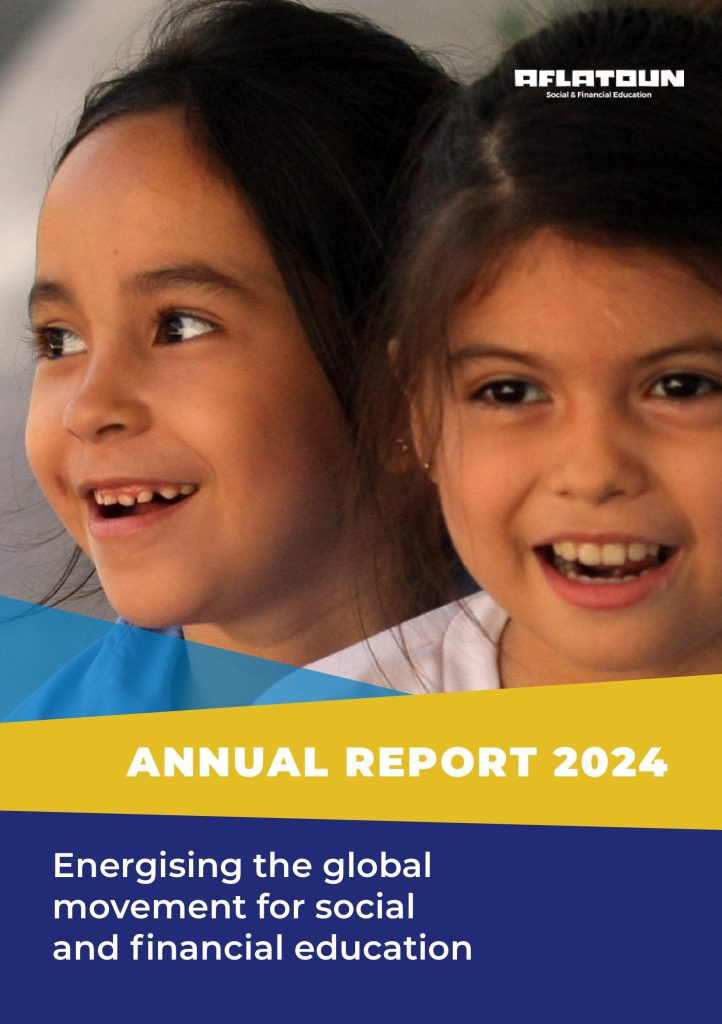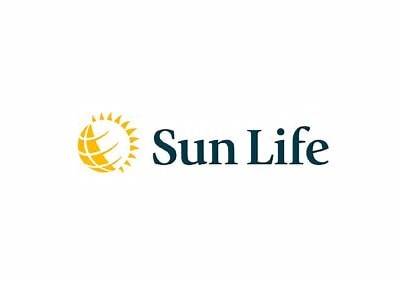A new World Bank policy brief reveals that the Entrepreneurial Mindset Development Programme (EMDP) led by the Government of Andhra Pradesh and implemented with EMPD consortium of partners (Udhyam Learning Foundation, Aflatoun International, and Reap Benefit) in Andhra Pradesh, India has successfully increased student agency, improved academic performance, and enhanced entrepreneurial skills among grade 9 students, with particularly strong impacts for female participants.
The study, conducted by the World Bank South Asia Gender Innovation Lab in collaboration with researchers from several leading institutions (University of California San Diego, Johns Hopkins University, New York University Abu Dhabi, Indian Statistical Institute, Northeastern University, Bates White), found that the low-cost educational intervention (approximately US$0.52 per student) delivered significant improvements in students’ agency over their education, career goals, financial literacy, and risk preferences.
“The programme demonstrates how targeted educational interventions can help address critical gaps in foundational skills & mindsets among India’s youth,” said Mekin Maheshwari, Founder & CEO of Udhyam Learning Foundation. “The results are especially encouraging for female students, who showed substantial improvements in agency and entrepreneurial skills.”
Key findings
- Increased student agency: participants showed higher control over education, career goals, and personal aspirations.
- Improved academic performance: higher English and Mathematics test scores among programme participants.
- Gender impact: effects were more highly concentrated among female students, who demonstrated enhanced confidence in business pitch scenarios.
- Regional differences: in areas with more manufacturing jobs, students showed greater inclination to pursue entrepreneurship.
The EMDP, implemented in collaboration with the State Council of Educational Research and Training–Andhra Pradesh, provided 50 hours of weekly instructional classes focused on essential entrepreneurial skills and mindsets. Students engaged in project-based learning, including three small projects and one major project addressing community challenges.
The programme is particularly relevant given that 23.5% of Indian youth are not in education, employment, or training, and the gender gap in entrepreneurial participation stands at approximately 30%. Research indicates that achieving gender parity in labor force participation could increase India’s GDP by 23.4%.
“The findings highlight the potential of social and financial literacy programmes to equip youth — especially girls — with the skills needed to succeed in today’s labor market” said Roeland Monasch, Aflatoun’s CEO. “By growing entrepreneurial mindsets early, and integrating such programmes into formal curricula, we create a scalable and sustainable pathway to bridge skills gaps and reduce gender disparities in employment.”
The EMDP consortium includes Udhyam Learning Foundation, Aflatoun International, and Reap Benefit, working in partnership with local educational authorities.
The World Bank team will continue to assess the long-term effects of the curriculum through follow-up surveys and analyses.
About Aflatoun:
Aflatoun International is a global organisation committed to empowering young people through social and financial education. With a focus on social and emotional learning, entrepreneurship, and financial literacy, Aflatoun equips children and youth with the skills and knowledge needed to become active global citizens. Since its inception in 2005, Aflatoun has reached over 100 million children in more than 110 countries, transforming lives and communities worldwide.
About Reap Benefit:
Reap Benefit activates and empowers youth to become Solve Ninjas by championing consistent changemaking actions in their communities and localities, which is to say, right in their own backyards. As these Solve Ninjas engage more deeply, they pick up essential 21st-century skills and create valuable public assets like local data and community solutions. This empowers them to tackle local community issues head-on, shaping them into active citizens, entrepreneurs and innovators, and first responders to crises—a cycle that fosters resilient communities and improves local governance, one action at a time. Visit: https://www.reapbenefit.org
About Udhyam Learning Foundation:
Udhyam is a social enterprise committed to fostering Human Agency, especially among young learners, by designing and delivering meaningful educational interventions. Its flagship initiative, the Shiksha Program, is an activity-driven curriculum that empowers youth to think independently, take initiative, and cultivate entrepreneurial skills through real-world project experiences. Guided by the vision “to co-create a caring world, where people fearlessly pursue their potential” and the mission “Making Bharat Entrepreneurial,” Udhyam addresses the growing disconnect between traditional education systems and the rapidly evolving world of work. Instead of focusing narrowly on technical or job-specific skills, Udhyam prioritizes the development of enduring 21st-century mindsets. It collaborates closely with education departments, school leadership, and teachers to create sustainable, system-level change. To date, Udhyam has impacted more than 2.75 million students across 12 states in India, with each learner engaging in over 30 hours of learning per year. Visit: https://udhyam.org












